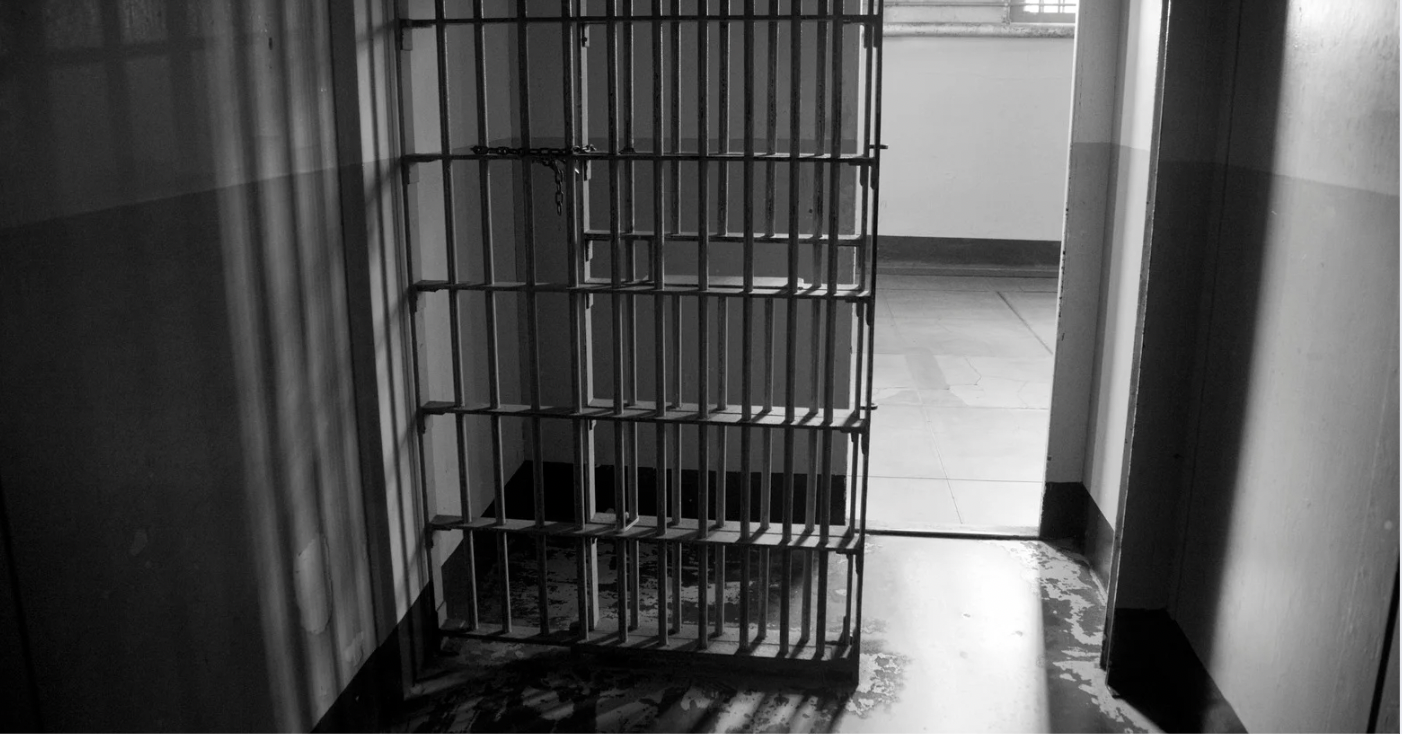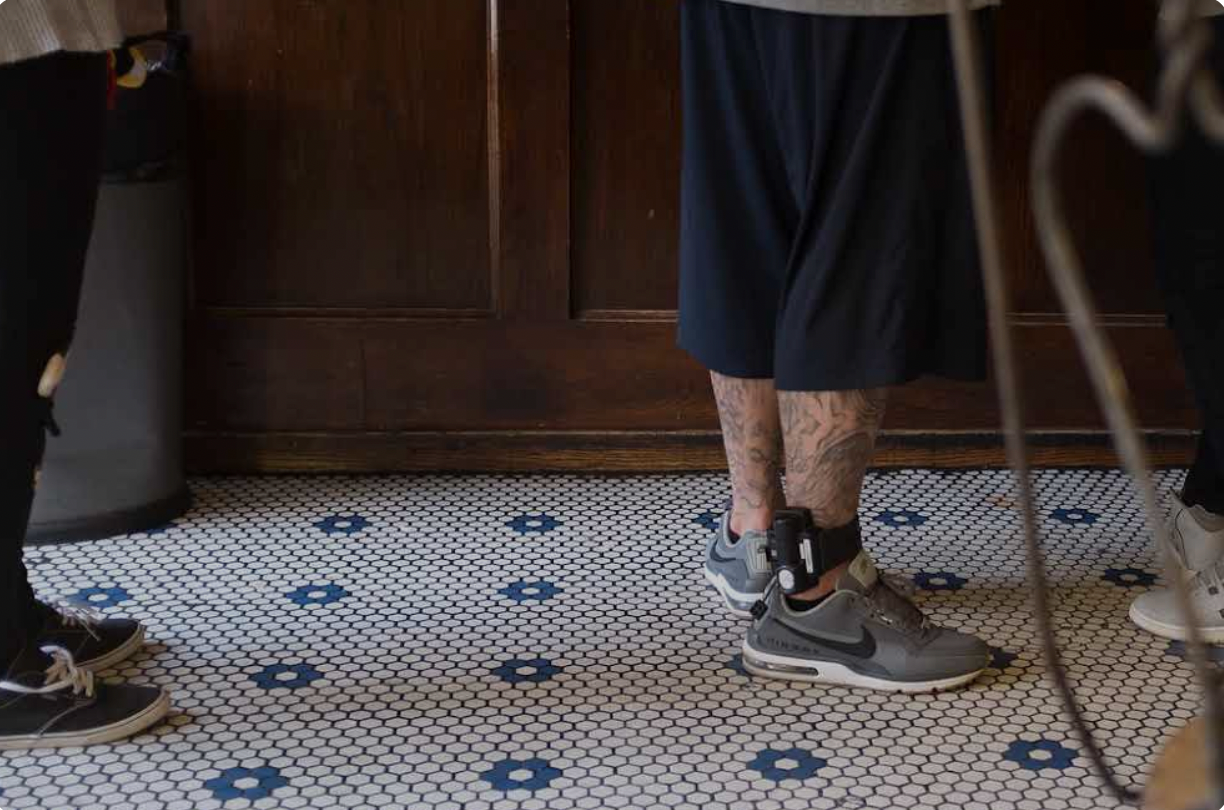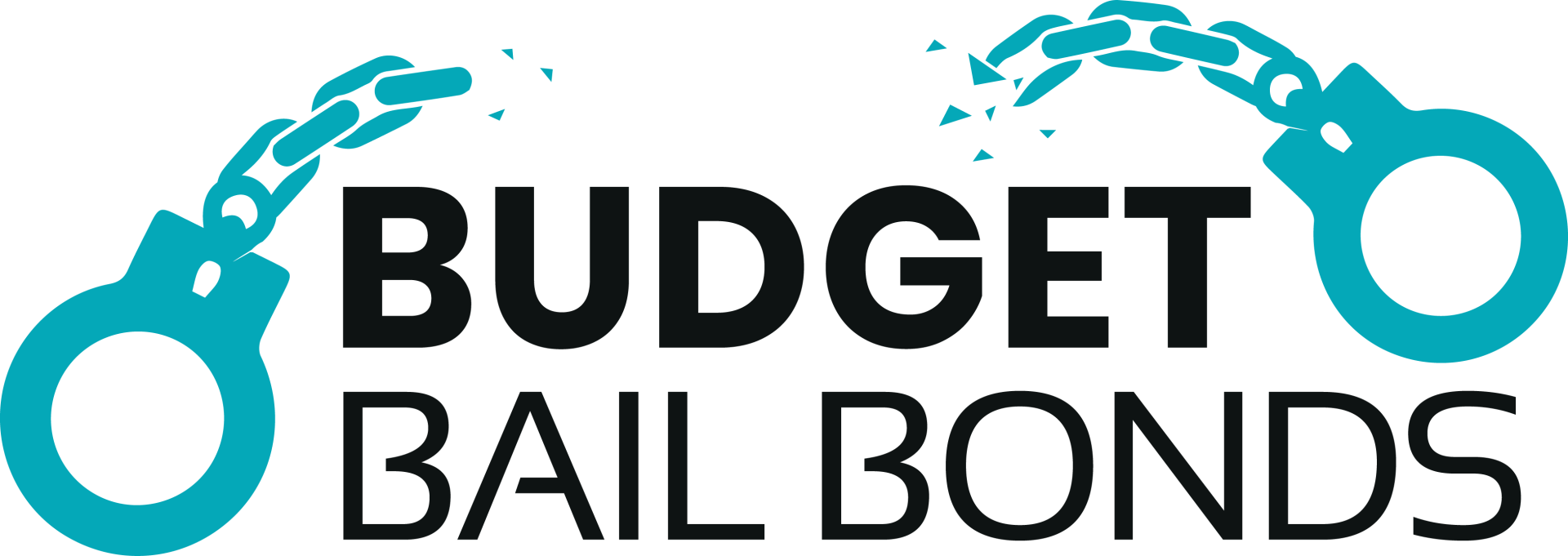Can You Pay Your Own Bail?
When you’re arrested, one of the first questions that comes to mind is how to get out of jail quickly. One option is to pay your own bail, but is that always the best move? In Connecticut, you are allowed to post your own bail if you have the funds. However, the process and cost can be challenging, which is why many people choose to work with a bail bondsman instead. Let’s dive into the details.
Can You Post Your Own Bail?
Yes, you can pay your own bail in Connecticut. After being arrested, a judge will set the bail amount based on factors such as the severity of the crime, your criminal history, and the likelihood that you’ll return for your court date. If you have enough cash on hand to cover the entire bail amount, you can post bail yourself and be released from jail.
Pros and Cons of Paying Your Own Bail
Paying your own bail has its benefits. It’s straightforward—if you post the full amount, you won’t need to involve anyone else in the process. And as long as you make all of your court appearances, the money will be refunded to you once your case is resolved.
However, there are some drawbacks. Bail amounts are often set high—sometimes thousands or tens of thousands of dollars—making it difficult for many people to pay the full amount out of pocket. Additionally, tying up that much cash can leave you without funds for other important expenses, such as legal fees or day-to-day living costs.
Using a Bail Bondsman as an Alternative
If you can’t afford to pay the full bail amount, a bail bondsman is a great alternative. Instead of paying the total amount, you’ll pay a fee, a small percentage of the bail. The bail bondsman will then post the bail for you, allowing you to secure your release without the financial strain. While the fee is non-refundable, it’s a much more manageable option for most people.
Call Budget Bail Bonds Today
Why drain your bank account when Budget Bail Bonds can help? Skip the high cost of paying bail yourself and let us handle it for a fraction of the price. Available 24/7, we’re here to get you or your loved one out of jail fast—without the financial stress. Call us now, and get back to what matters!











